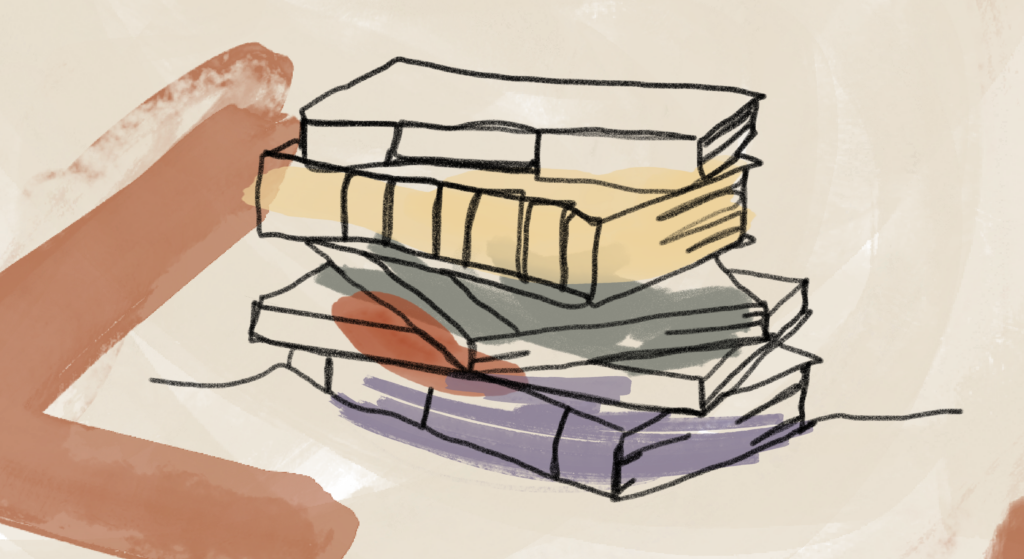In an article for ONEING: The Path of the Prophet, Pixie Lighthorse, an enrolled member of the Choctaw Nation of Oklahoma, describes how grief can encourage us to change:
As external chaos rises, inner chaos is touched off. The need for inner resources to “see the bigger picture” and maintain faith is becoming amplified. As within, so without. The world out there reflects what’s going on inside.
What’s going on inside is grief and the need for healing the constricted parts of us that are ready to be revealed and healed. The underground river within each of us is becoming more conscious, truth is coming to the surface, and with that comes collective and individual accountability….
When felt and acknowledged, grief becomes a daily reprieve. Healing involves inviting in the truth of how we feel, which is constantly changing, and valuing it as much as our perception of reality and the world of matter. Our feeling bodies have been relegated to the shadows for the most part, pushed under the rug in favor of what’s more convenient and acceptable. Feeling can be vulnerable, and we’ve learned all the ways to mask emotions as part of our social conditioning.
Lighthorse prompts us to reflect on the grief we may be experiencing today:
Our feelings are our inner waters, and to Indigenous peoples, water is our First Medicine. We should not find it surprising that authentic feelings had to go underground during the centuries-long process of colonization and expansive frontierism. The raw material of awakening to healing is found in tolerating the discomfort of our heinous mistakes and those of our ancestors. What if we are at a tipping point on humanity’s timeline, where we must name what hurts, grieve the losses, and learn how to make larger-scale repairs? Redemption is the process by which we make new choices to clear our debts. Emotionally speaking, noticing and naming injustice leads to protection of what is sacred, starting today.…
What new levels of grieving, feeling, healing, and awakening to deeper individual and collective purposes will be required to make the kinds of shifts you want to see in the world? What waters can you honor and protect as sacred? What kind of world do you want for all our grandchildren? What fears are held in your unconscious, underground river that may be holding you hostage? What items from the past are tied to unprocessed grief?…
When grief flows, the past heals. We inherit new transmissions of wisdom from sources already surrounding us. By honoring grief and healing, we re-member, and we put ourselves back together. We can make decisions about how to move forward from our core selves rather than our guarded hurts. The shape of us and our world is being reimagined in this process from a place that has a little bit more wholeness. When the past is offered healing, compassion, and forgiveness, the future will have good water to put our feet in.
Reference:
Pixie Lighthorse, “When Grief Flows, the Past Heals,” ONEING 12, no. 2, The Path of the Prophet (2024): 56, 59. Available in print and PDF download.
Image credit and inspiration: Noé Barnett, Untitled (detail), 2024, oil paint, Albuquerque. Click here to enlarge image. A painted image from art by Noé Barnett, inspired by Richard Rohr’s book The Tears of Things, a hand holds a single tear gently and with great care.
Story from Our Community:
I was a grateful member of Alanon for many years. I will never forget the day my sponsor asked me to tell my story for the group. I nearly burst into tears because no one had invited me to share my story so completely before. In my vulnerability, I feared that telling my story so openly might diminish the respect others had for me somehow—but it didn’t. I learned that all the stories we shared in our Alanon group transcended socioeconomics, gender, and race. The act of sharing our stories with each other elevated us beyond ourselves toward a Higher Power that knows and honors all humanity’s stories.
—Eileen H.
The post Letting Grief Flow appeared first on Center for Action and Contemplation.





